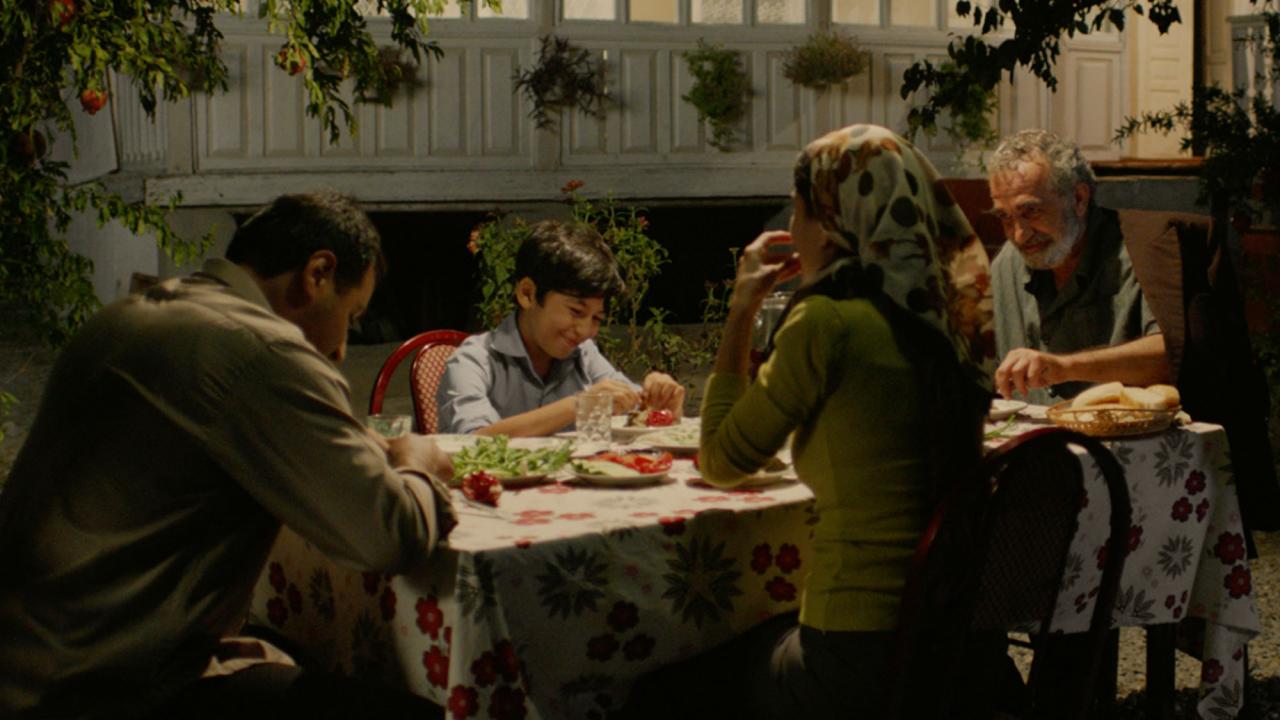Ilgar Najaf for Pomegranate Orchard (Nar baği)
Nomination Details
Nomination Detail
Winner, Young Cinema Award, 2017
Pomegranate Orchard by Ilgar Najaf not only indicates the rise of Azeri cinema but also reflects the slow changes that Azeri society is undergoing. Competing with the blooming cinemas from neighbouring countries like Iran and Turkey on the one hand, and preoccupied with the great income from gas and oil on another, Azerbaijan has not paid enough attention to cinema. Only the new generation of filmmakers, who started independent production studios, made Azeri cinema visible among the international arena. Pomegranate Orchard is also a metaphor of society: its strong cultural roots lie in the image of the orchard and the old family house, whose presence stands for stability. In contrast to such stability, the protagonist is on the move, heading to Russia to earn a living, leaving behind his wife and son behind with his father. Here is the big question posed by the film: what is the future for the new generation that is represented by the son, in whose vision (because of his medical condition) the red pomegranates turns into black…?
The title of Sergi Parajanov’s film from 50 years ago was The Colour of Pomegranates. The title of Ilgar Najaf’s film could well be ‘When the Colour of Pomegranates is Lost’.
APSA Winner Clip
Post win interview with Ilgar Najaf
Young Cinema Award Panel – Hong-Joon Kim, Gulnara Arakeyeva, Kiki Fung
The Asia Pacific Screen Academy expresses its respect for and acknowledgement of the South East Queensland Aboriginal and Torres Strait Islander communities. We pay our respects to the Traditional Owners of country, including the custodial communities on whose land works are created and celebrated by the Asia Pacific Screen Awards. We acknowledge the continuing connection to land, waters and communities. We also pay our respects to Elders, past and present. We recognise the integral role Aboriginal and Torres Strait Islander and First Nations peoples continue to play in storytelling and celebration spaces.






